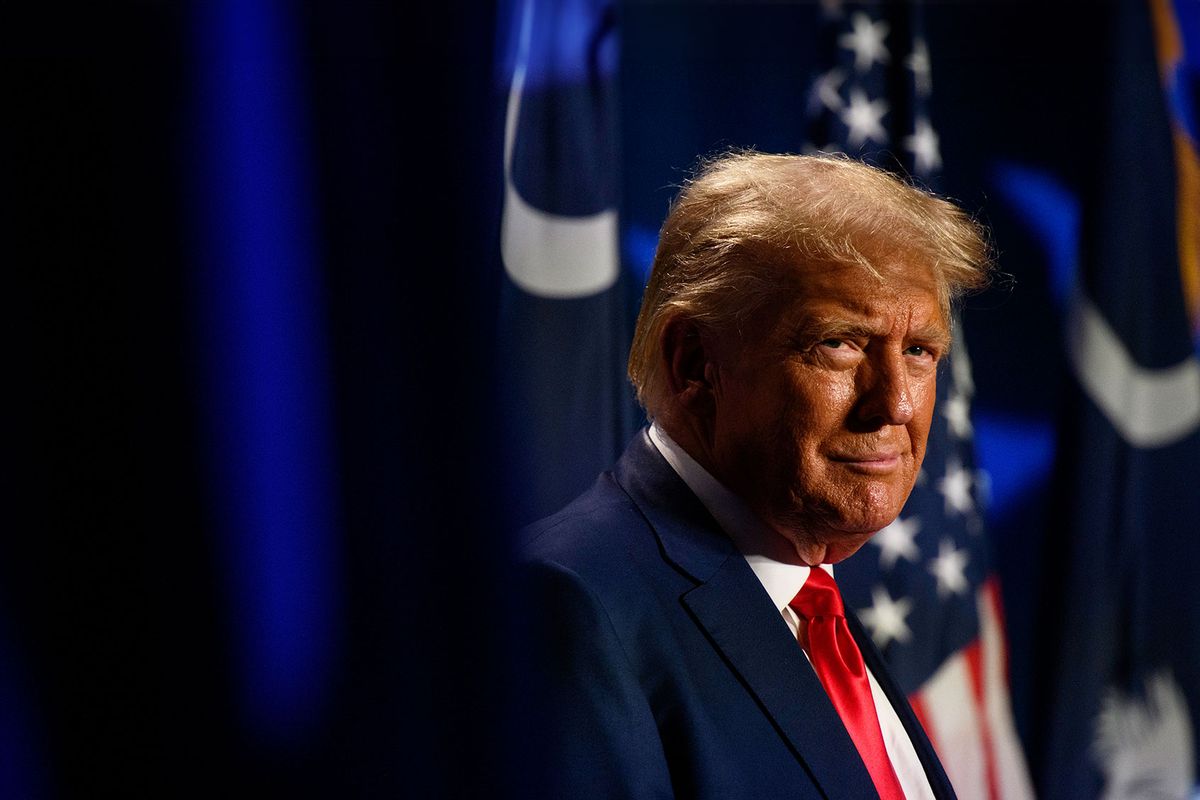“Grossly partisan move”: Legal analyst spots the “tells” in Supreme Court’s Trump immunity case

The Supreme Court on Wednesday took up former President Donald Trump’s repeatedly rejected immunity claim in the D.C. election subversion case, stalling the trial until at least the late summer or fall.
The Supreme Court agreed to hear arguments in the matter at the end of April. Trump’s claim that presidential immunity shields him from prosecution in the case has already been rejected by two lower courts.
The court paused proceedings in the D.C. case while the litigation plays out. U.S. District Judge Tanya Chutkan, who is overseeing the case, vowed to give Trump an additional 82 days to prepare for the trial. If the Supreme Court issues a ruling by June, the extra 82 days could push the trial date into September, according to The New York Times. There is no certainty a trial could be completed by the election.
Legal experts widely expected the Supreme Court to reject Trump’s appeal after it was shot down in two lower courts. Michael Waldman, the president of the Brennan Center for Justice at New York University Law School, called it a “grossly partisan move by the Supreme Court.”
“It has been captured by a faction of a faction,” he wrote. “The Court effectively granted Trump immunity for his alleged crimes, regardless of whatever ruling they make later.”
MSNBC legal analyst Lisa Rubin said the “most upsetting” part of the Supreme Court order is “the way the question is framed.”
“Whether and if so to what extent a former president enjoys presidential immunity from criminal prosecution for conduct alleged to involve official acts. There are some tells there in the language,” she said Wednesday night. “As lawyers, our professional hazard is to parse words too closely. The phrase alleged to. Alleged by who? If you ask Jack Smith, everything they are alleging is outside of Donald Trump’s official purview as president by interfering with an election over which a president has no administrative responsibility. Nothing about this is official. Alleged is by him.”
Rubin argued that the Supreme Court was “essentially giving in to his reframing of the question.”
“And then the D.C. Circuit and ruling said that he has no categorical immunity,” she added. “They have reframed it, whether and if so to what extent? They are opening the door to that there is a possibility that a president could have immunity to some subcategory of official actions, but not as to others.”
Want a daily wrap-up of all the news and commentary Salon has to offer? Subscribe to our morning newsletter, Crash Course.
Former federal prosecutor Andrew Weissmann, who served on special counsel Bob Mueller’s team, predicted the court will ultimately rule against Trump’s immunity claim but “they have given him the win because the D.C. case, let’s just face it, is on life support now.”
“It is really, really hard to figure out how this case gets to trial before the election. I think that’s the end result of what they did here. They may ultimately say that he does not have immunity, but, in fact, he will have been given immunity because the case will not go to trial before the election,” he told MSNBC.
“If Joe Biden wins, the case goes forward,” he continued. “If he loses, the case is over. It is worth noting the other big picture item. Any normal politician, any person accused of a crime they did not do would want to clear his name. What’s happening here is the reason one thinks it is a win for Donald Trump is he is trying to avoid at all costs the facts of what happened that are charged in this indictment, that they do not get represented in court where facts actually matter and people will hear it.”
Read more
about Trump’s immunity bid


